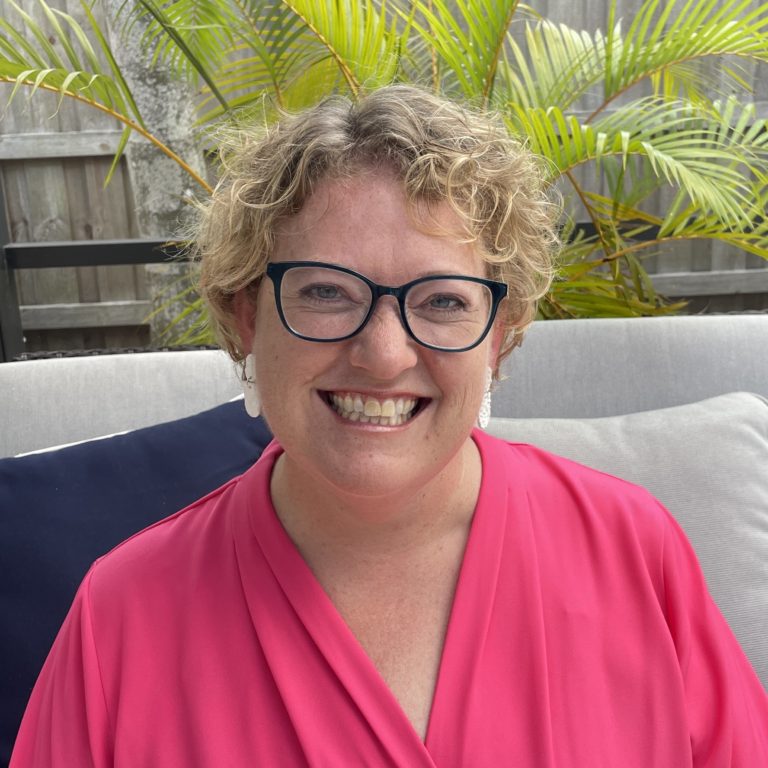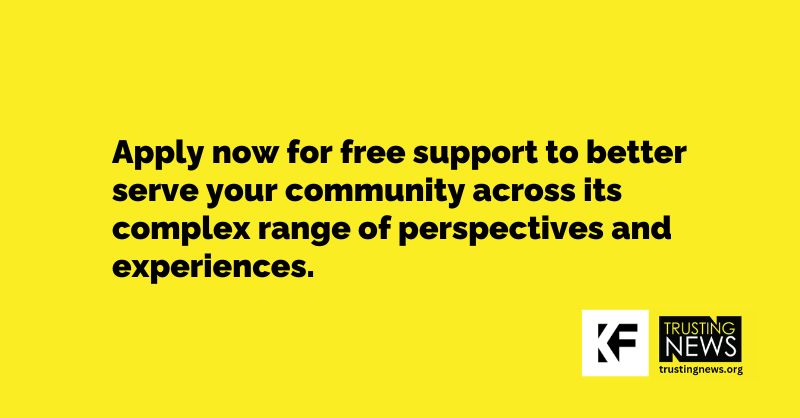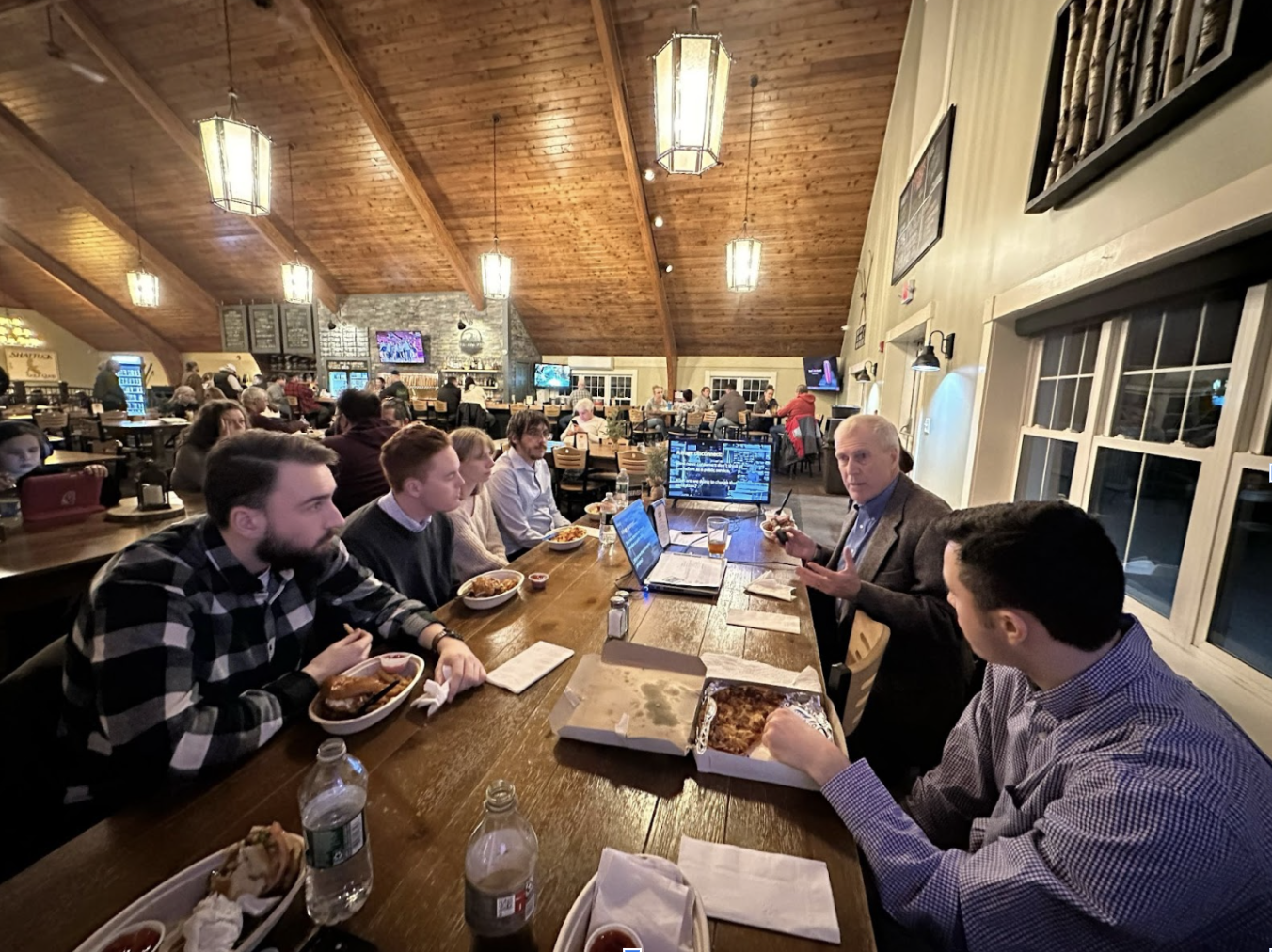
This weekly Trust Tips newsletter shares quick, actionable tips for how journalists can earn and sustain trust. Subscribe to get it in your inbox at trustingnews.org/newsletter.
Ask your colleagues to weigh in on your stories
Journalism is a team sport, right? Everyone needs an editor. The processes involved in producing the news collaboratively are an important part of our accountability.
We rely on each other for a bunch of things, one of which is to make sure we’re seeing an issue broadly and clearly. We point out what colleagues might be missing or getting wrong.
That’s harder in a lot of newsrooms these days, for a few key reasons:
- We aren’t sharing physical spaces as much — or at all, in some cases. That means we don’t overhear what someone’s working on and chime in.
- A lack of proximity also means we don’t know each other well enough to know whose experience or expertise we might tap into for advice.
- Because we know each other less, we don’t have shared trust built up. We’re less likely to share our more vulnerable experiences or outside-the-norm perspectives.
These are key themes in our Dimensions of Difference work. When Dimensions co-creator Eve Pearlman and I were taking a newsroom through a workshop recently, we were surprised at how much colleagues didn’t know about each other. Some of them were perfectly willing to open up about their lens on the world, but the situation just hadn’t come up to do so before now.
When colleagues hesitate to share their perspectives with each other, it can lead to newsrooms that feel like echo chambers — with people chiming in when it’s easy but shying away when the stakes are higher. It can lead to a newsroom culture that only invites and values agreement, not dissent.
How colleagues rely on each other
In my last newsroom, I knew to go to Scott if I had a question about outdoor recreation, Liz if I had a question about brass instruments, Laura if I had a question about Baptists and Brian if I had a question about parenting kids with health challenges.
Ideally, deeper insights would be useful as well. Journalists would also know things like:
- Who has lived in a rural area.
- Who has experience with disabilities.
- Who can speak to specific faith traditions or cultures.
- Who has navigated the criminal justice system.
- Who has empathy and respect for people who are anti-abortion, are vaccine hesitant or have deep connections to gun ownership.
So how do we know each other well enough to trust each other with that information? And how do we invite people to help make our stories better?
Steal this idea from the Philadelphia Inquirer
Those invitations at The Philadelphia Inquirer are issued in a Slack channel called Content Consult. Journalists can post in that channel to seek feedback or a “sensitivity read” on specific stories. Anyone can post, and any staffer — in and outside the newsroom — can weigh in. Most often, staffers post links to drafts of stories, looking for input pre-publication.
To find out more, I talked to Evan Benn, senior director of Special Projects & Communications. He was part of the committee that created the channel in 2021. (It was part of the organization’s larger DE&I work.) He said the goal is to remind people that they’re in it together and encourage them to lean on each other for personal expertise and lived experiences.
Here’s what Evan shared about how and why the channel works.
- Topics cover a broad range. A few examples: Israel-Hamas war, communities of color, addiction and sexual assault.
- Advice offered doesn’t have to be taken. The channel has about 10 volunteer moderators who encourage people to post and shepherd issues toward respectful resolution. One of the moderators has taken the lead on building an expert handbook, for folks to volunteer to be contacted on specific topics.
- Conversations do sometimes (maybe 3 out of 10) move to private communications if they’re too sensitive or complex to fully resolve on Slack.
- People’s comfort level has improved over time. While the option to post anonymously exists, posts are typically public these days. Journalists seem less worried that they’ll feel like they’re “on trial” in front of their colleagues and have more trust in the process.
- The whole organization is watching, which encourages sensitivity.
At Trusting News, we learn how people decide what news to trust and turn that knowledge into actionable strategies for journalists. We train and empower journalists to take responsibility for demonstrating credibility and actively earning trust through transparency and engagement. Subscribe to our Trust Tips newsletter. Follow us on Twitter and Facebook. Read more about our work at TrustingNews.org.

Executive Director Joy Mayer (she/her) founded Trusting News in 2016 after a 20-year career in newsrooms and teaching. She lives in Sarasota, Florida, and can be reached at joy@TrustingNews.org.


